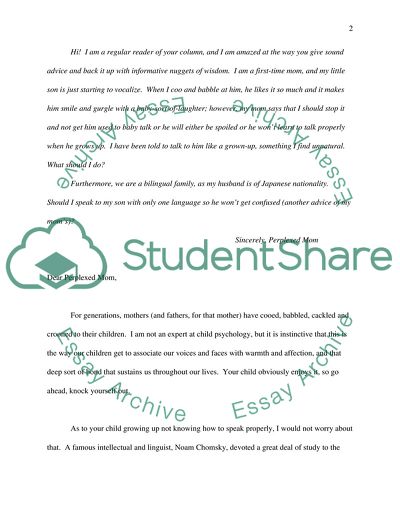Cite this document
(How the Study of Language Can Change Society Research Paper, n.d.)
How the Study of Language Can Change Society Research Paper. Retrieved from https://studentshare.org/english/1731604-english-language-language-in-theory-and-practice
How the Study of Language Can Change Society Research Paper. Retrieved from https://studentshare.org/english/1731604-english-language-language-in-theory-and-practice
(How the Study of Language Can Change Society Research Paper)
How the Study of Language Can Change Society Research Paper. https://studentshare.org/english/1731604-english-language-language-in-theory-and-practice.
How the Study of Language Can Change Society Research Paper. https://studentshare.org/english/1731604-english-language-language-in-theory-and-practice.
“How the Study of Language Can Change Society Research Paper”, n.d. https://studentshare.org/english/1731604-english-language-language-in-theory-and-practice.


